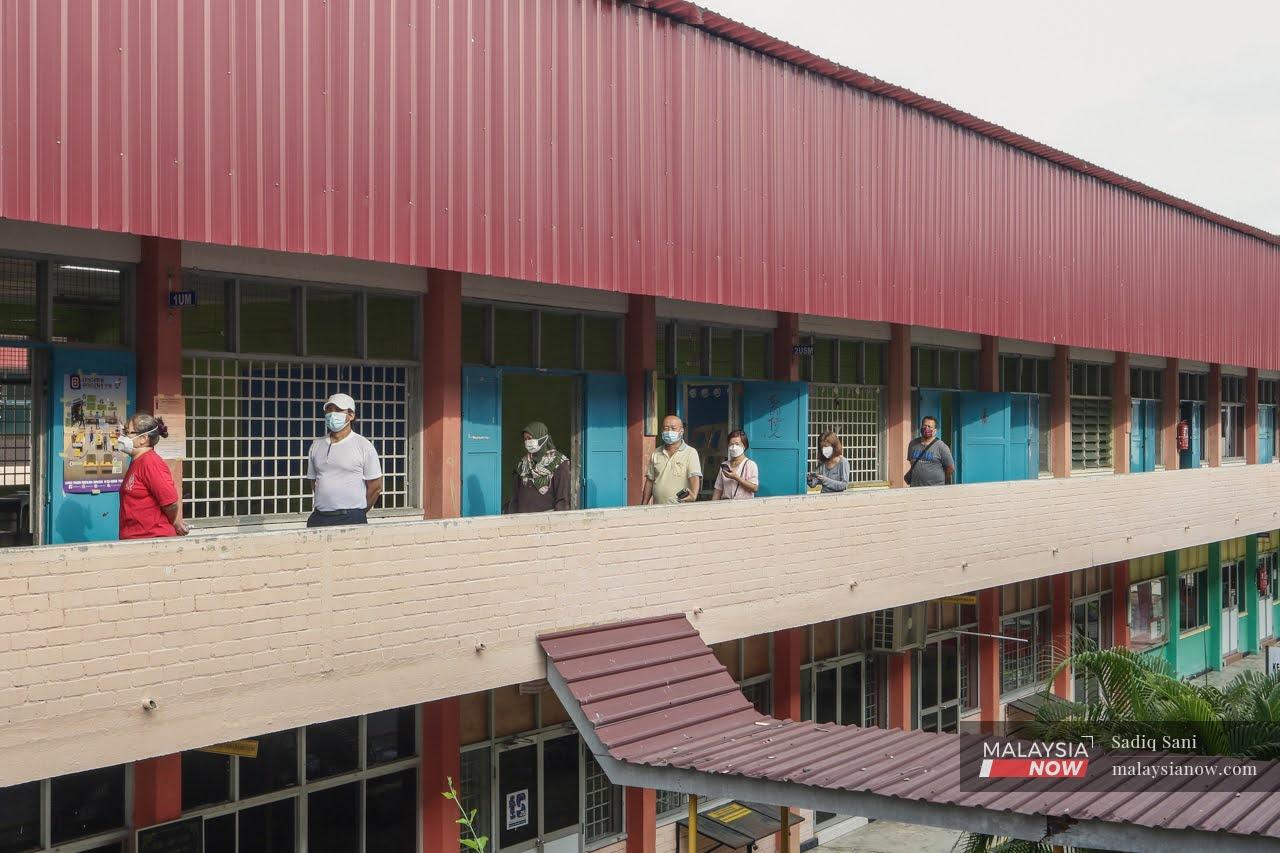How much will PM candidates affect outcome of GE15?
While Barisan Nasional and Pakatan Harapan have already named their candidates for the top post, Perikatan Nasional has yet to announce a decision.
Just In
As talk of an impending general election continues to swirl, the country’s main political blocs have hunkered down to discuss the question of who they will put forth as their candidate for prime minister if they emerge victorious at the polls.
Barisan Nasional (BN), led by its lynchpin party Umno, has announced Prime Minister Ismail Sabri Yaakob as its candidate while opposition pact Pakatan Harapan (PH) is sticking with its long-time nominee Anwar Ibrahim.
Perikatan Nasional (PN), led by Muhyiddin Yassin, meanwhile, has yet to announce a decision.
Nevertheless, analysts say the question of who coalitions will put forth as their “poster boy” will have only a minimal impact on public support for the contesting parties.
Hisommudin Bakar of electoral think tank Ilham Centre said the focus of voters would be more influenced by the strength of the party in question, the popularity of its candidates, and the issues in the public eye.
“We follow the first-past-the-post system which is different from elections exclusively for presidents or prime ministers,” he told MalaysiaNow.
MalaysiaNow previously reported analysts as saying that Ismail’s candidature might be part of a ploy by the Umno court cluster to speed up the holding of the 15th general election (GE15).
Such a move would be seen as benefiting the Umno leaders facing criminal charges in court, particularly party president Ahmad Zahid Hamidi and former prime minister Najib Razak.
Hisommudin said in any event, the people were not focused on coalitions’ candidates for prime minister during election season.
“The candidates are all struggling for victory in their respective constituencies,” he said.
“Naming their candidate for prime minister would be more geared towards calming the situation or rallying support among their own parties.
“Any outside support due to this issue would be minimal.”
Ahmad Atory Hussain of Universiti Sains Malaysia meanwhile said that the question of who coalitions put forward for prime minister was nonetheless important as before BN’s historic defeat in 2018, the position would be filled by the Umno president.
Since BN’s loss at the 14th general election (GE14), however, Zahid has been embroiled in a series of court cases.
“The president has not been nominated as prime minister for GE15,” Atory said.
“Because Ismail is not the president, he has not yet been tested. But whether or not it wants to, Umno has to put him forth as its candidate because no one else is more qualified.”
He said Umno was forced to support Ismail in the hope that the people too would rally behind the Bera MP.
In the PH camp, meanwhile, Anwar remains the candidate of choice despite the warning of analysts who said the PKR president no longer commanded the same influence over voters.
Even at GE14, when PH succeeded in toppling BN after more than six decades, it was under the leadership of Dr Mahathir Mohamad.
Atory said it would be difficult for Anwar to achieve his goal of holding the country’s top post.
“He himself has been flip-flopping – one minute he supports Najib and Zahid, the other he is hitting out at Umno,” he said.
“DAP is not fully behind Anwar as prime minister. PKR too is facing internal conflict between Rafizi Ramli’s supporters and those of Saifuddin Nasution Ismail.”
If Pejuang and Warisan join hands with PH, he said, Muhyiddin might stand a chance of becoming prime minister a second time.
“Going by the political figures, PN under his leadership could win GE15. But there remains the obstacle of the enmity between opposition parties. For example, Pejuang or Muda are still at odds.”
Hisommudin meanwhile said that no specific studies had been conducted on which candidate was able to attract the support of voters.
“The political uncertainty at the moment has greatly affected voters’ ability to focus on a single personality,” he said.
“There are many things that they will take into account before they decide what to do at the ballot box.”
Subscribe to our newsletter
To be updated with all the latest news and analyses daily.
Related Articles
Most Read
No articles found.
